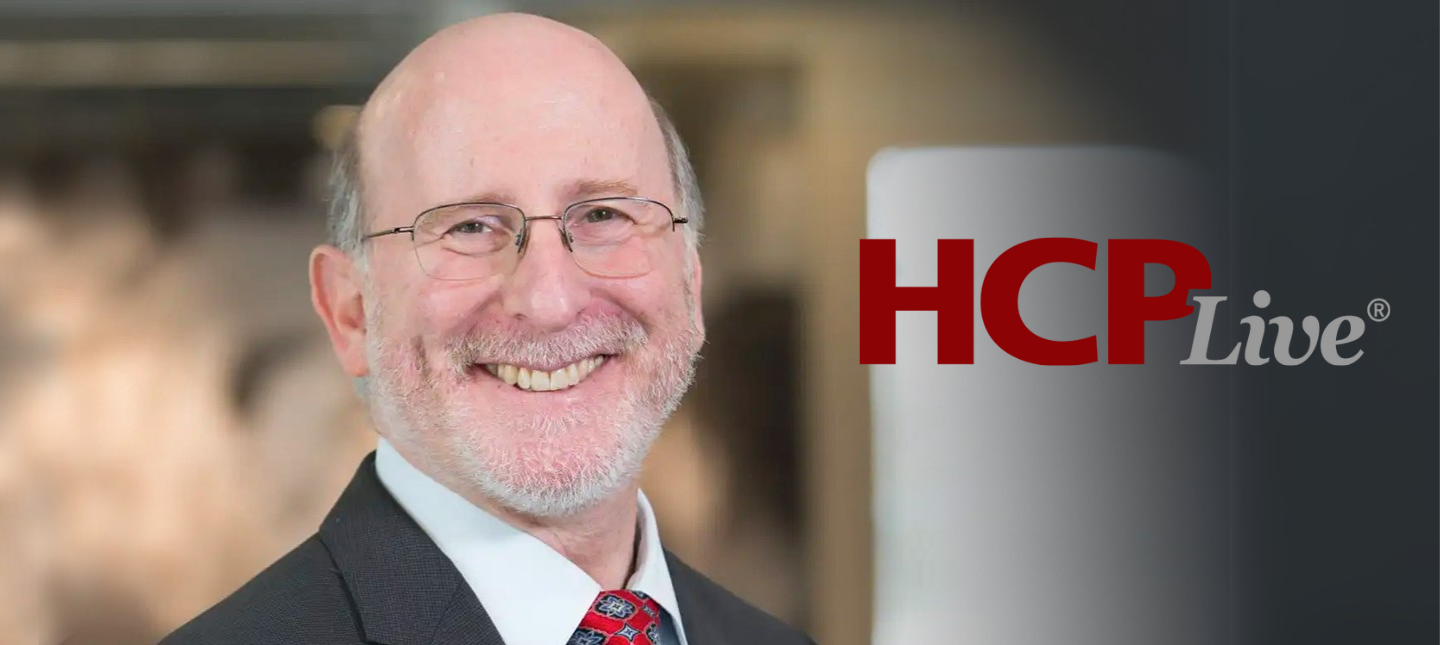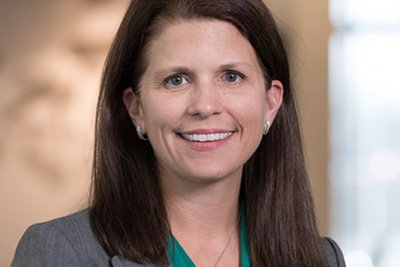In a new editorial in the Journal of the American Geriatrics Society, Kathleen Unroe, M.D., MHA, a geriatrician, is advocating for stronger relationships between health systems and nursing homes to provide better care for patients in times of crisis and during day-to-day operations.
“Close associations between nursing homes and health systems can greatly enhance patient care and support for staff,” said Dr. Unroe, who is a Regenstrief Institute research scientist and an Indiana University School of Medicine associate professor of medicine.
The COVID-19 pandemic has devastated nursing homes. Nursing home residents account for around 25 percent of COVID-19 deaths in the United States, according to data from the Centers for Medicare and Medicaid Services.
“Health leaders need to learn from what has happened so far and implement new practices to prevent more deaths,” continued Dr. Unroe. “Relationships between nursing homes and health systems are not only crucial in times of crisis, such as the COVID-19 pandemic, but are also beneficial in addressing other challenges regularly faced by nursing homes, such as transitions of care.”
In the editorial, which accompanied a paper from the University of Michigan, Dr. Unroe discussed how three well-contained COVID-19 outbreaks provide a model for leveraging relationships between health systems and nursing homes to improve care and prevent the spread of infection. The three long-term care facilities that successfully contained outbreaks had a pre-existing relationship with a health system, and that connection helped leaders coordinate a response and gain additional expertise.
“These examples demonstrate the power of investing in collaboration,” said Dr. Unroe. “It is heartening to see these affiliations leveraged to improve care for nursing home residents as well as to support the facility staff. The benefits extend outside of crises like the current pandemic to everyday situations that arise within nursing homes.”
Dr. Unroe has been working as a geriatrician in nursing homes throughout the pandemic and has personally witnessed the misery suffered by both people living in nursing homes and those who care for them.
In the editorial, she urged health systems to be receptive to nursing homes asking for support and also to reach out proactively to area nursing facilities.
“No nursing home administrator, medical provider or frontline worker should feel they are fighting this alone,” said Dr. Unroe. “These relationships can be mutually beneficial and do improve patient care. Nursing home staff and leaders are experienced in care for older adults. Health systems can provide support in the form of infectious disease and palliative care expertise, personal protective equipment and access to COVID-19 testing.”
She also stated that the pandemic has highlighted the importance of integrating nursing home data sources with other healthcare data. Linking datasets from nursing homes with datasets from hospitals is helpful for public health officials in cases of infectious disease outbreaks, such as COVID-19. Integration would also support implementation of automated data exchange when a patient is moved to a different setting to receive care, helping to improve communication between providers.
The editorial “The pandemic creates urgency around designing health system support structures for nursing homes” was published in the Journal of the American Geriatrics Society online ahead of print.
About Regenstrief Institute
Founded in 1969 in Indianapolis, the Regenstrief Institute is a local, national and global leader dedicated to a world where better information empowers people to end disease and realize true health. A key research partner to Indiana University, Regenstrief and its research scientists are responsible for a growing number of major healthcare innovations and studies. Examples range from the development of global health information technology standards that enable the use and interoperability of electronic health records to improving patient-physician communications, to creating models of care that inform practice and improve the lives of patients around the globe.
Sam Regenstrief, a nationally successful entrepreneur from Connersville, Indiana, founded the institute with the goal of making healthcare more efficient and accessible for everyone. His vision continues to guide the institute’s research mission.
About IU School of Medicine
IU School of Medicine is the largest medical school in the U.S. and is annually ranked among the top medical schools in the nation by U.S. News & World Report. The school offers high-quality medical education, access to leading medical research and rich campus life in nine Indiana cities, including rural and urban locations consistently recognized for livability.
About Kathleen Unroe, M.D., MHA
In addition to being a research scientist in the IU Center for Aging Research at Regenstrief Institute, Kathleen Unroe, M.D., MHA, is an associate professor at Indiana University School of Medicine and a practicing geriatrician.










